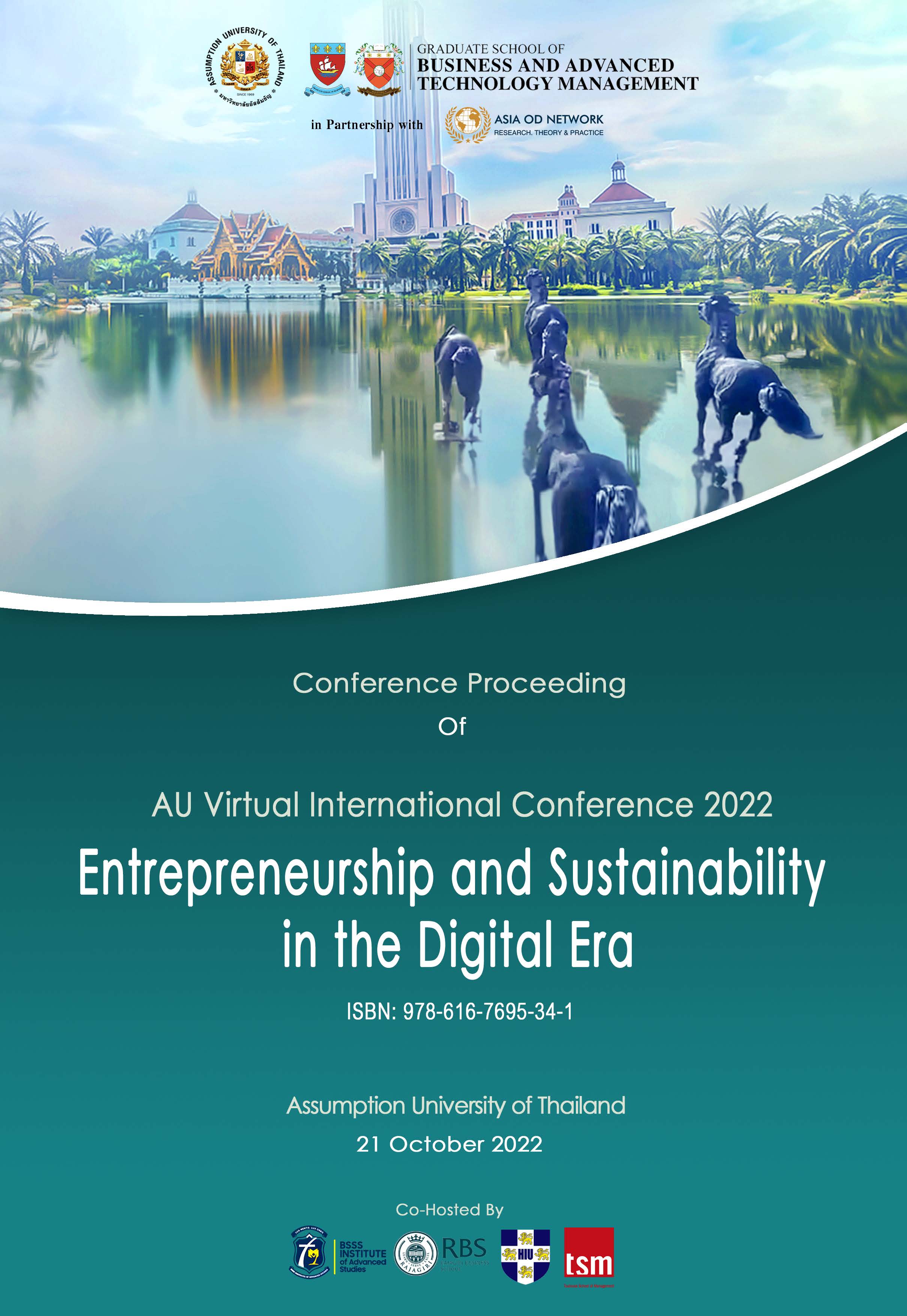An Empirical Study of Convenience, Usefulness, Customer Trust and Customer Loyalty in the Live Streaming Platforms
Keywords:
convenience, usefulness, customer trust, customer loyalty, Livestream shoppingAbstract
Purpose: This study examines Live Streaming Platforms in China for convenience, usefulness, customer trust, and customer loyalty. This study was created, analyzed, and summarized using secondary data analysis using an archival study approach to establish a research framework. Research design, data, and methodology: 25 Chinese respondents employed purposive sample techniques and used an online questionnaire to collect the data, then used zoom meetings to ask respondents' opinions. After collecting data, descriptive statistics were used to explain crucial aspects. Results: The results of convenience, usefulness, trust, and loyalty can explain Livestream shopping systems' potential. Live streaming shopping connects factories, suppliers, and consumers directly. Customers can deal with suppliers, influencers, steamers, or net-idols on pricing, quality, custom needs, promotions, discounts, etc. Influencers, steamers, or net-idols entertain and give ideas for selling things while live streaming. Conclusions: The research findings have met the research objectives. This study paper's weaknesses include its China-centric focus. The research findings may only apply to China and no other countries.
Downloads
Published
How to Cite
Issue
Section
License
Copyright (c) 2023 AU Virtual International Conference on " Entrepreneurship & Sustainability in Digital Era" under the theme of "Challenges of Organizational & Business Management in Dynamic Digital Dimension"

This work is licensed under a Creative Commons Attribution-NonCommercial-NoDerivatives 4.0 International License.

